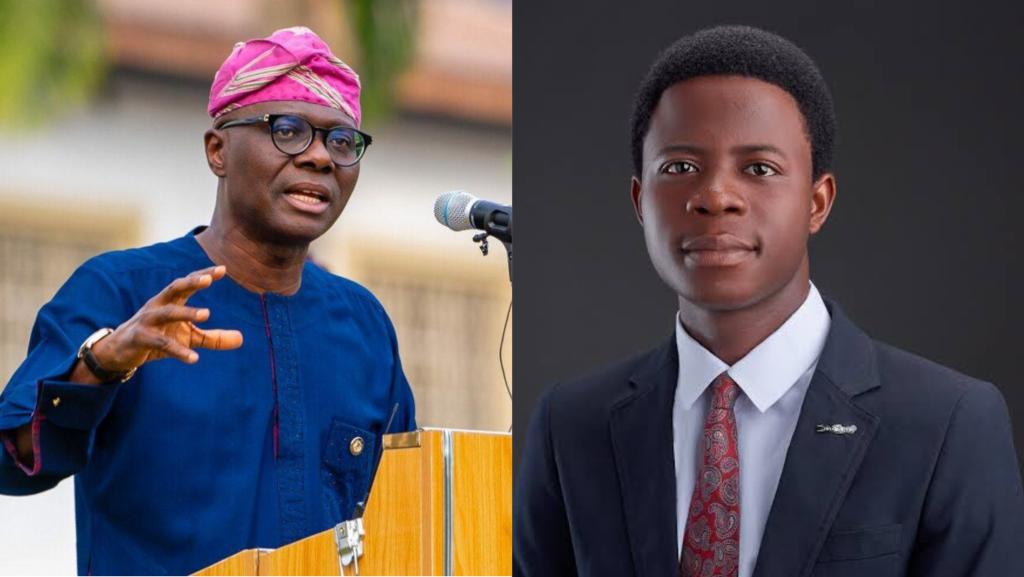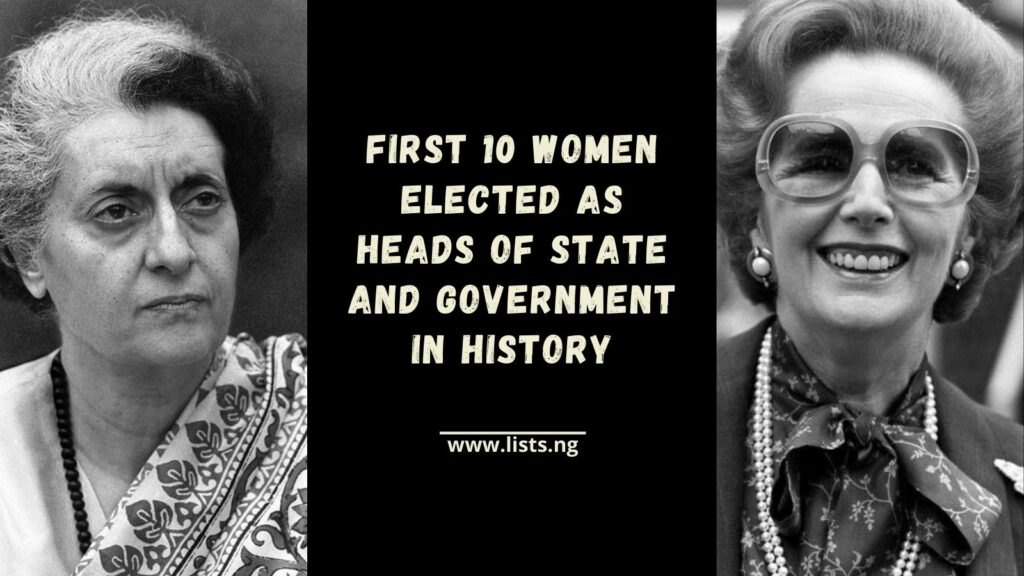In September 2025, Lagos-based human rights lawyer Festus Ogun made headlines after suing Governor Babajide Sanwo-Olu for blocking him on X (formerly Twitter). At first glance, it seemed like a small issue. But for Ogun, the lawsuit wasn’t about ego but it was about principle.
By blocking a citizen for criticizing government actions, the governor had, in Ogun’s words, violated the constitutional right to freedom of expression and access to public information.

His act of bravery was a reminder that accountability isn’t limited to protests on the streets. Sometimes, it happens in courtrooms, where ordinary citizens challenge powerful leaders and set precedents for everyone else. It also revealed something many Nigerians don’t realize you can sue the government for more than just election disputes or unpaid salaries.
Here are five unpopular but valid reasons you can take the government to court:
1. Blocking Citizens on Official Social Media Accounts
Festus Ogun’s case against Governor Sanwo-Olu set an example. Government officials use platforms like X, Instagram and Facebook to share public information. When a citizen is blocked, it cuts off their access to updates that affect their daily lives. In legal terms, this can be challenged as a breach of the right to freedom of expression and information. Digital rights are now human rights and courts are beginning to recognize that.
2. Environmental Negligence
From oil spills in the Niger Delta to yearly flooding in Lagos, environmental harm often traces back to poor government oversight. Citizens can sue if agencies fail to enforce environmental regulations or clean up disasters. Nigerian courts have, in the past, ordered governments and companies to pay compensation or restore damaged environments.
3. Unlawful Detention or Police Brutality
Beyond protests like #EndSARS, individuals can sue the government when police or military personnel detain them without charge, assault them, or deny them fair trial rights. Nigerian courts have awarded damages in several such cases, proving that the constitution protects citizens even against state violence.
4. Failure to Provide Basic Services
While less common, courts have entertained lawsuits claiming that governments violated rights by failing to provide essential services like clean water, healthcare or even education. These cases tie into the constitutional right to dignity and life. Communities have, for example, sued state governments over unsafe water supplies or collapsed infrastructure that endangered lives.
5. Discrimination in Government Opportunities
Government jobs, scholarships, and programs are supposed to be open to all. If someone is denied access due to gender, ethnicity, religion, or disability, it’s not just unfair, it’s unlawful. Citizens can sue under Nigeria’s anti-discrimination laws and constitutional provisions guaranteeing equality.
Festus Ogun’s bold stand showed that the courtroom can be a tool for ordinary people to check powerful leaders. Whether it’s digital rights, environmental justice or social equality, Nigerians have more power than they often realize. Suing the government might not always be popular but it’s one way to remind those in power that they are public servants and accountable to the very people they govern.
Follow Lists NG on Facebook, Instagram, X, and TikTok for more.



